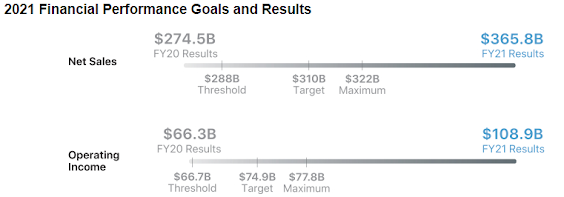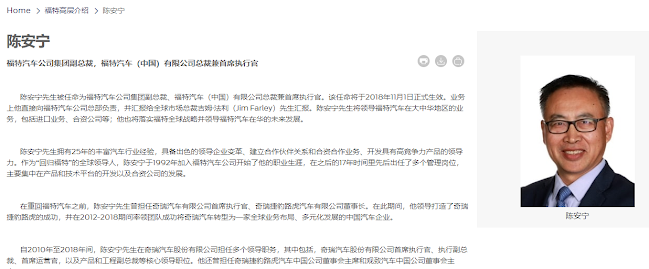It's unversally acknowledged that Chinese Communist Party, the supreme power in China, is colluding with Russia on invading Ukraine. There are many cooperation projects and contracts operated or signed by China with Russia
But many foreign banks are reluctant to completely divest investments in China, such as Commonwealth Bank of Australia.
As reported by Sohu, according to the 2021 semi-annual report, as of the end of June 2021, there were 3 shareholders of Bank of Hangzhou holding more than 10% of the shares, namely Commonwealth Bank of Australia holding 15.57%, Hangzhou Finance Bureau holding 11.86%, Red Lion Holding Group Co., Ltd. holding 11.81% of the shares.
Commonwealth Bank of Australia was established on 17 April 1991 and is listed on the Australian Securities Exchange. In addition to Hangzhou Bank, the Commonwealth Bank of Australia also has a stake in Qilu Bank in China, holding a 16.09% stake.
A share transfer agreement was signed on 28 February 2022. Commonwealth Bank of Australia transferred 5% of the shares it held in Bank of Hangzhou to Hangzhou Urban Investment and Hangzhou Trading respectively, and transferred a total of 10% of the shares. The transfer price per share is 13.94 yuan per share, and the total share transfer price is 8.275 billion yuan. This share transfer is still subject to the approval of the Zhejiang Regulatory Bureau of the China Banking and Insurance Regulatory Commission and the compliance confirmation of the Shanghai Stock Exchange.
After the divestment by Commonwealth Bank of Australia, the largest shareholder of Hangzhou Bank will be changed to Hangzhou Finance Bureau.
Founded in September 1996, Bank of Hangzhou is headquartered in Hangzhou. The bank has more than 200 branches and outlets covering the Yangtze River Delta, Pearl River Delta, Bohai Rim and other regions.
Warning!!! The numbers mentioned below are likely to be false considering under the overall environment of past practices of accounting fraud prevailing in China and blocking US PCAOB's access to auditing papers related to China operation of multinationals and Chinese companies listed in the United States of America.
As of the end of September 2021, the total assets of Bank of Hangzhou were 1.33 trillion yuan, an increase of 13.75% over the end of the previous year; in the first three quarters of 2021, Bank of Hangzhou achieved operating income of 22.377 billion yuan, an increase of 19.97% over the same period last year; net profit attributable to shareholders of listed companies was 70.36 100 million yuan, a year-on-year increase of 26.16%.
The 2021 semi-annual report shows that as of the end of June 2021, total loans were 539.984 billion yuan, an increase of 11.65% over the end of the previous year, and the total liabilities were 1,201.333 billion yuan, an increase of 10.38% over the end of the previous year; the total deposits were 744.195 billion yuan, an 6.61%. increase over the end of the previous year.
As of the end of June 2021, the total amount of non-performing loans was 5.274 billion yuan, and the non-performing loan ratio was 0.98%, down 0.09 percentage points from the end of the previous year. The provision coverage ratio was 530.43%, an increase of 60.89 percentage points over the end of the previous year.









